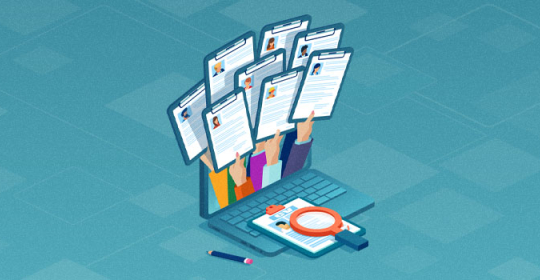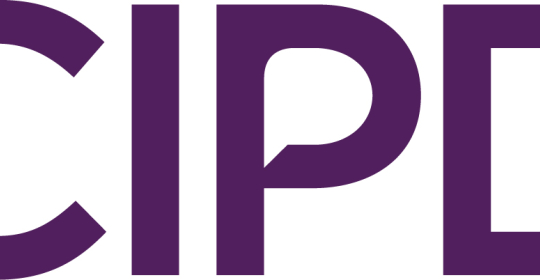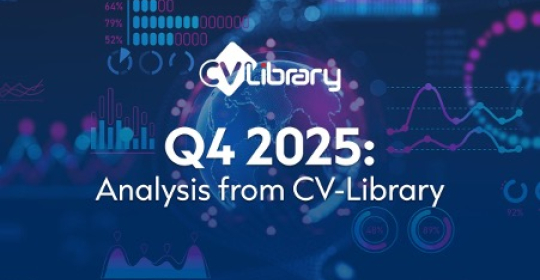- Relationship building, strategic thinking, and AI literacy lead LinkedIn's 2025 Skills on the Rise list
- More than 3 out of 5 (61%) UK professionals are looking for a new role in 2025, yet employers say finding the right talent is harder than ever
- AI is transforming hiring, with nearly half (45%) of UK recruiters already integrating AI tools to identify talent and bridge skills gap
- LinkedIn unveils new AI-powered hiring and learning tools to help business and professionals stay ahead
LinkedIn, the world’s largest professional network, has revealed the top 15 skills on the rise in the UK, with relationship building, strategic thinking, and AI literacy topping the list as businesses grapple with hiring challenges and shifting workplace demands.
The 2025 Skills on the Rise list - the fastest-growing skills that professionals should be investing in - shows a growing demand for both technical capabilities and uniquely human ‘soft’ skills. However, despite an increasing number of professionals looking for new roles, many businesses are struggling to find candidates with the right mix of skills.
The UK’s ‘soft skills’ gap is widening
While more than 3 in 5 (61%) UK professionals are on the hunt for a new job in 2025, LinkedIn data shows that UK business confidence in attracting top talent has dropped within the past year from +57 down to +50*. A key reason is the growing mismatch between the skills employers need and the skills that job seekers have.
Soft skills, in particular, are becoming harder to find. Nearly half (45%) of UK hirers say that finding candidates with the right soft skills is one of their biggest hiring challenges. This is set to intensify, as 7 out of 10 (69%) HR professionals believe more people are now leaving full-time education without the soft skills needed to thrive in the workplace.
These concerns are also shared by UK professionals, with 1 in 5 (20%) worried they won’t have the skills needed for the future. The good news is that professionals are eager to learn. In fact, opportunities to learn new in-demand skills is the #1 factor they say would help them advance their careers.
AI is redefining hiring and learning
With skills gaps widening, UK businesses are increasingly turning to AI to streamline recruitment and bridge skills gaps.
New LinkedIn data reveals that nearly half (45%) of UK recruiting teams are now actively integrating or experimenting with AI tools – up from just 27% last year. Two-thirds (66%) say that AI is making skills-based hiring easier, and another 66% say that AI has already helped them to identify candidates they might not otherwise have found. On top of this, UK recruiters report that AI is saving them an average of 18% of their workweek – equivalent to nearly a full working day each week.
Janine Chamberlin, Head of LinkedIn UK, said: “The world of work is undergoing a huge shift, and it’s becoming increasingly tough for UK businesses to find the skills they need. With 70% of the skills required for jobs set to change by 2030, companies must adapt to stay competitive. AI is already helping businesses hire more efficiently, but it’s also playing a critical role in upskilling workforces—ensuring professionals have the right skills to thrive in the future. It’s encouraging to see UK companies treating learning as business-critical and embracing AI-driven solutions to bridge the skills gap. Those taking action today will be best positioned for long-term success.”
To help both professionals and recruiters, LinkedIn is expanding its AI tools:
- LinkedIn Hiring Assistant: LinkedIn has expanded the charter of its first AI agent - Hiring Assistant - making it available to a select group of recruiters in the UK and Europe, from companies such as HSBC, Robert Walters, and Siemens. Initially announced in October 2024, LinkedIn’s Hiring Assistant is designed to take on a recruiter’s most repetitive tasks so they can spend more time on their most impactful work - like advising hiring managers, connecting with candidates and creating exceptional candidate experiences.
- LinkedIn’s AI-powered Coaching: LinkedIn’s AI-powered coaching feature - which is available within LinkedIn Learning Hub and LinkedIn Premium - helps learners practise interpersonal skills through interactive scenarios using voice or text. Learners can practise delivering performance reviews, having conversations on work-life balance, and giving feedback.
Additionally, LinkedIn is testing a new AI-powered Job Search that helps transform how people search for jobs. Removing the constraints of keywords and filters, it allows members to describe the job they want in their own words and receive results more closely aligned with their ideal job that they might not have thought of or considered. This can help job seekers pivot to where the opportunities exist.
What UK Businesses Are Saying
Chris Eldridge, CEO, Robert Walters UKI & North America: “Robert Walters is proud to be one of the early adopters of AI in recruitment, with the primary goal to embrace innovation to enhance the performance of our recruiters. Trialing the likes of LinkedIn Hiring’s Assistant, reinforces our commitment to using cutting-edge technology to optimise efficiency, allowing our recruiters to place even more focus on what truly matters: building relationships, applying critical thinking, and delivering a personalised, human-led service. AI will no doubt play a fundamental role in evolving the recruitment industry but it will never replace the uniquely human touch that defines a great hiring process. Relationships will continue to be the currency of the future.”
Andrew Parfitt, Talent and Organisational Development Manager, International Institute for Environment and Development, said: “We’ve been testing out LinkedIn’s AI-powered coaching tool here at IIED. It’s a great addition to our learning offer, and lets our people practice key conversations in a safe environment, at a time that suits them. A team member shared that even just engaging with a module for 2-minutes gave him clear, actionable feedback that helped him understand how to handle a difficult conversation and what to say to get an improved outcome. We’re excited to keep using the AI features, to see how they can help our teams have better conversations.”





